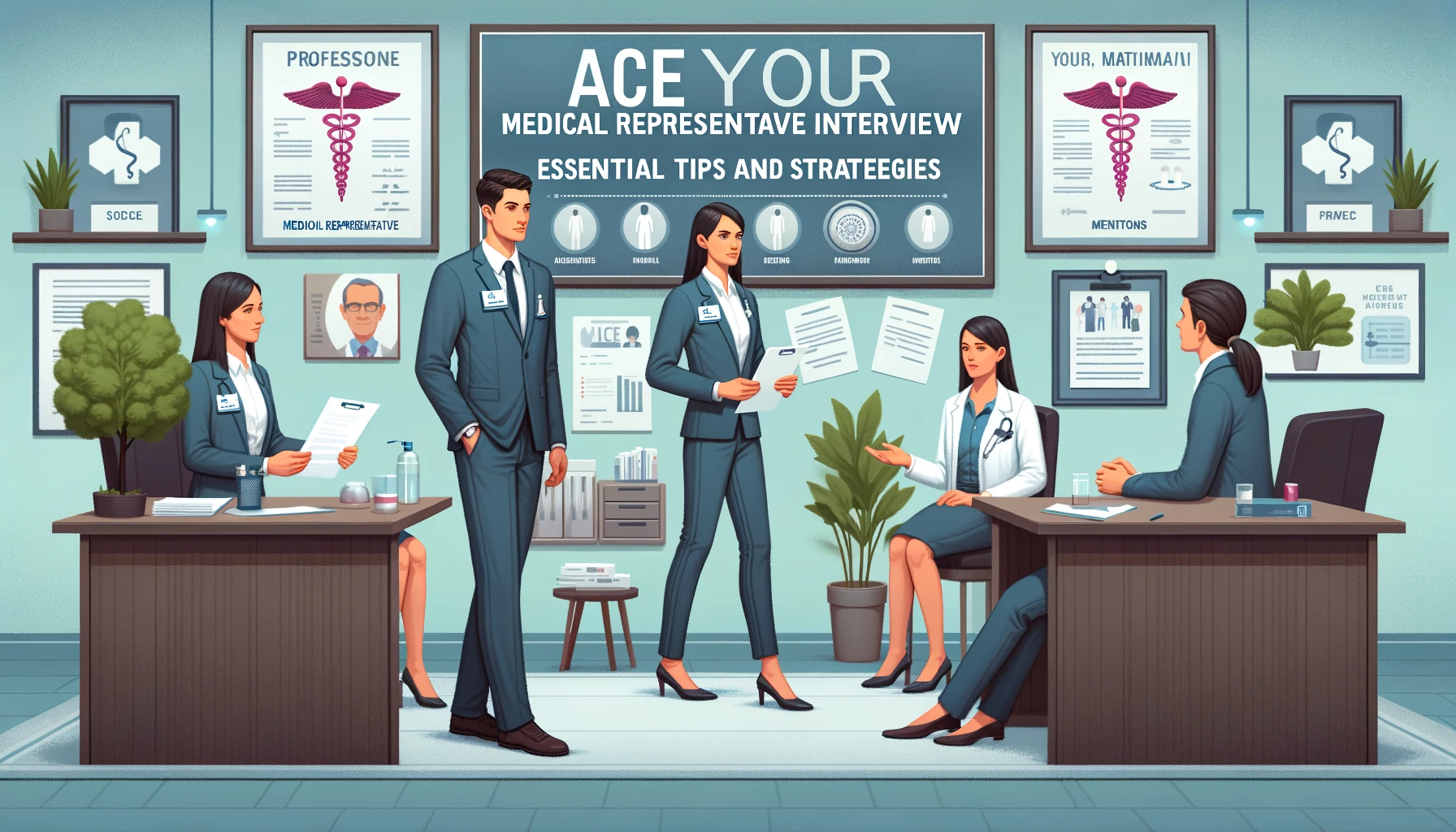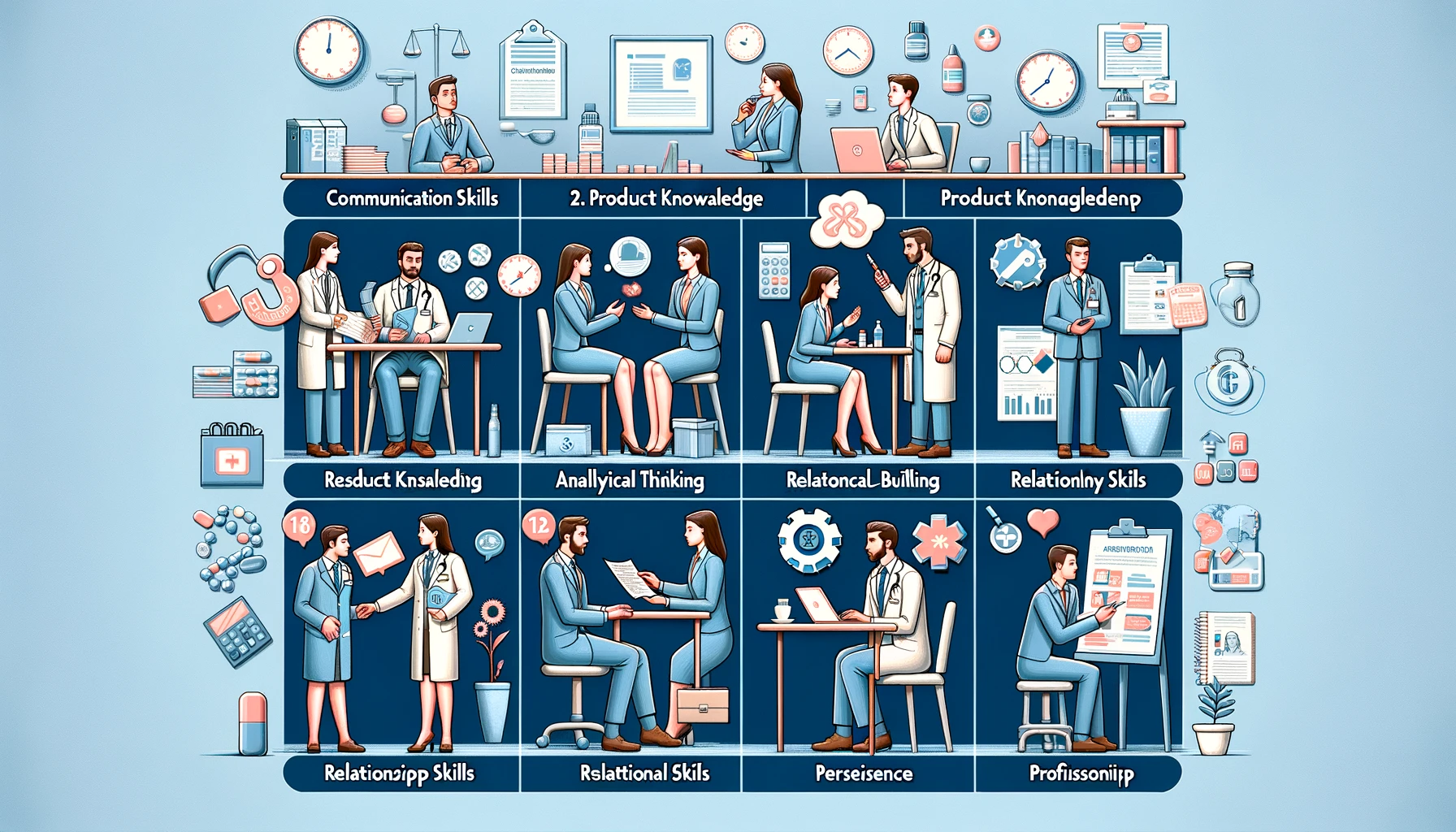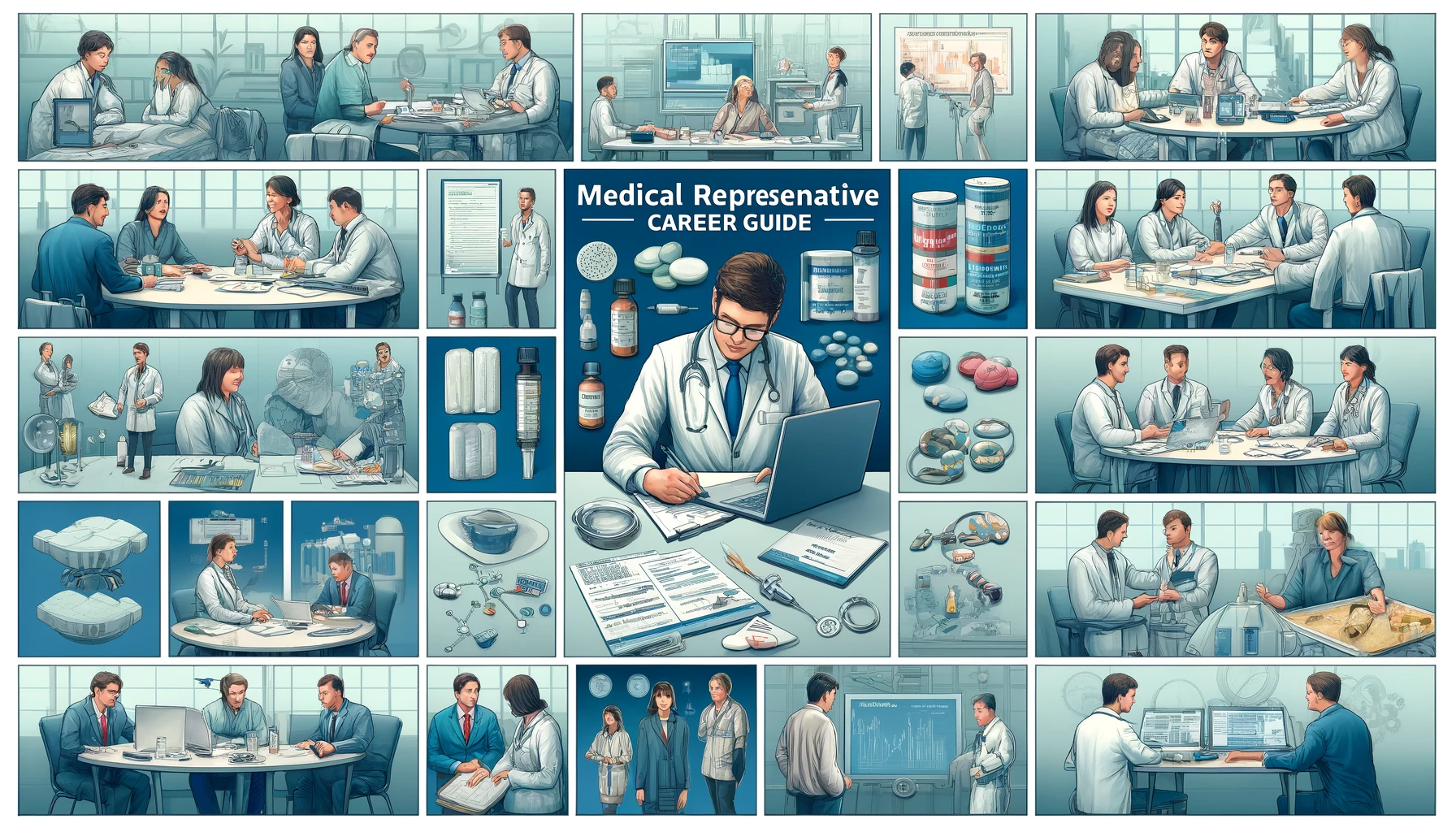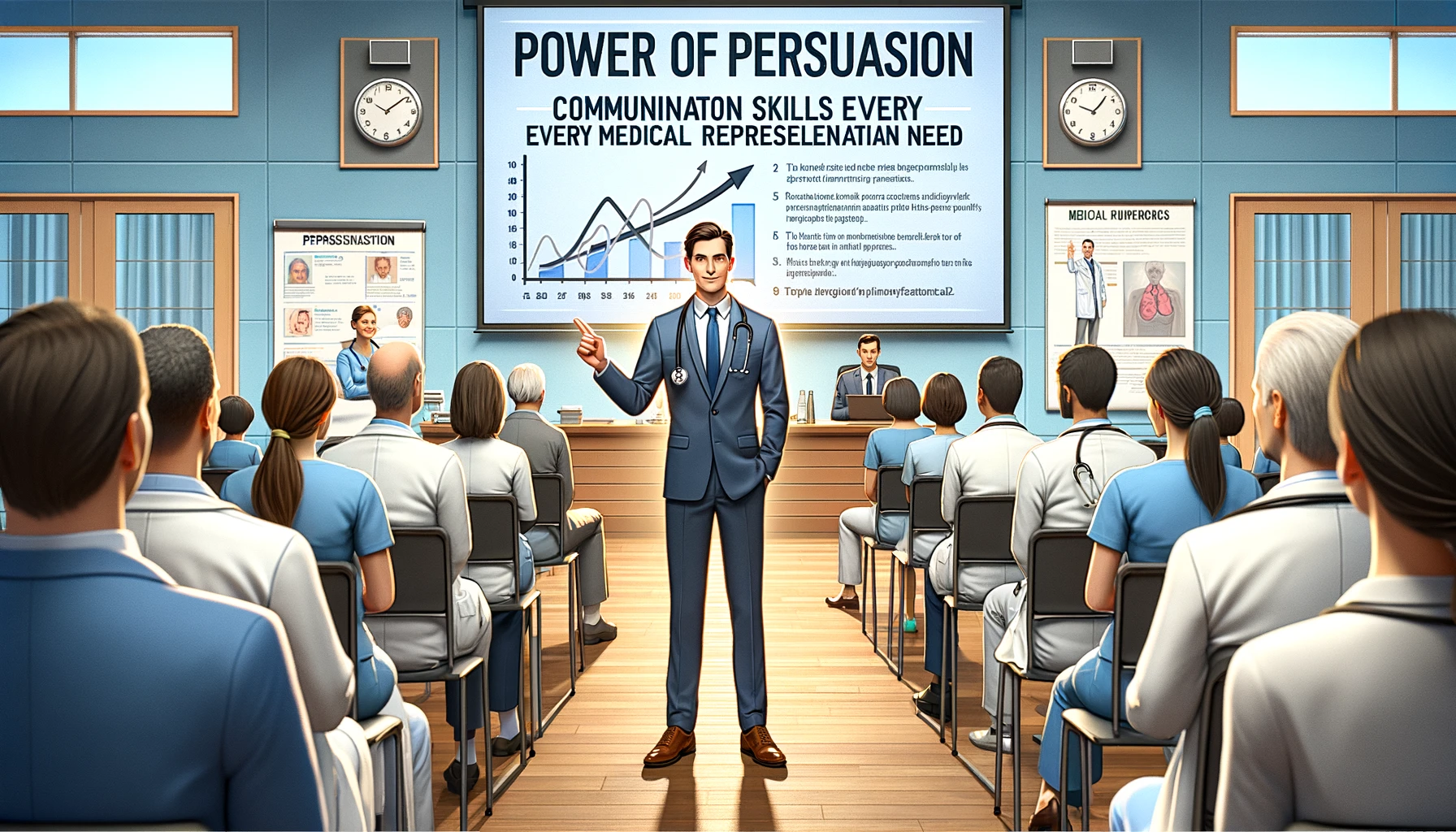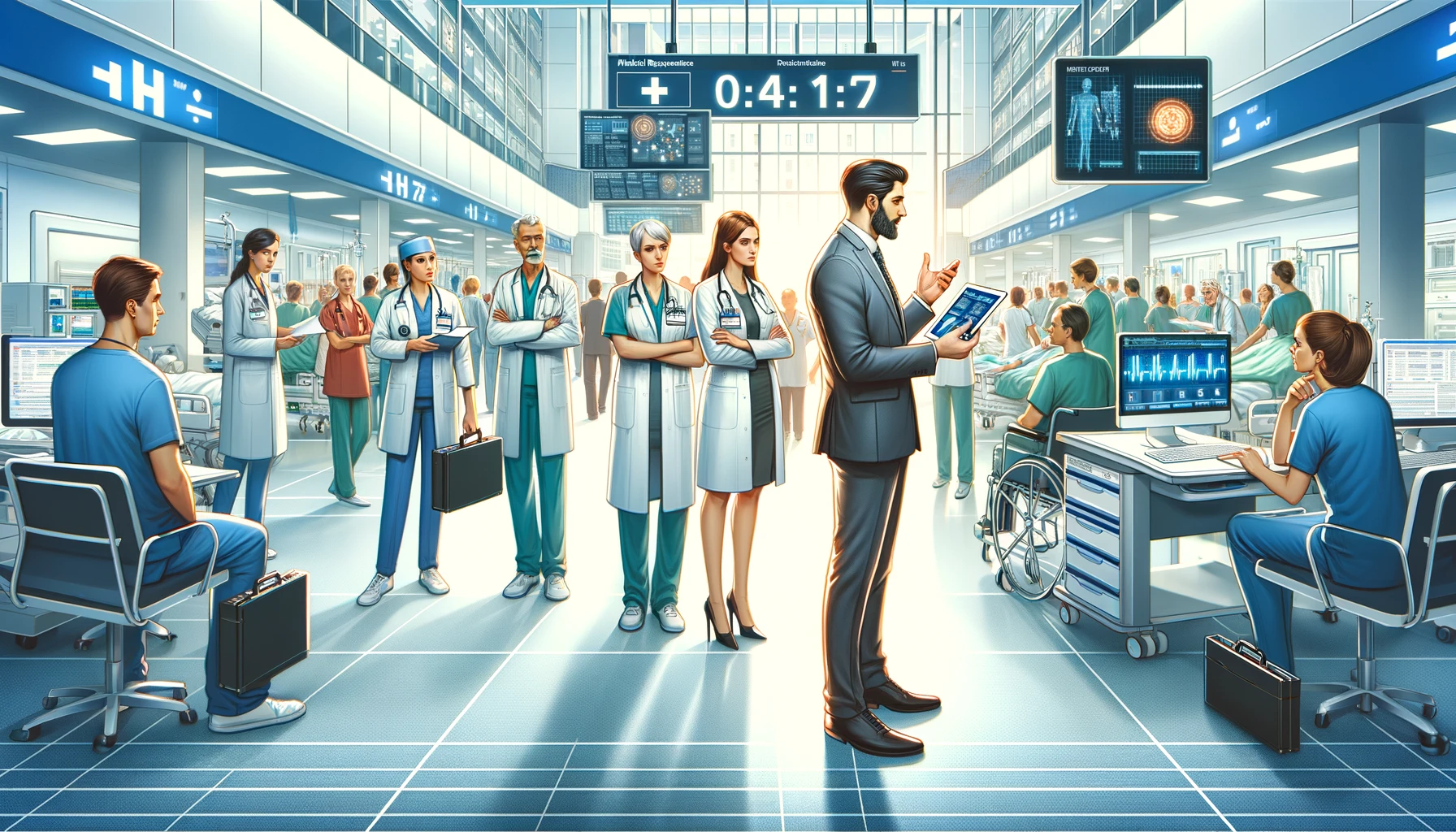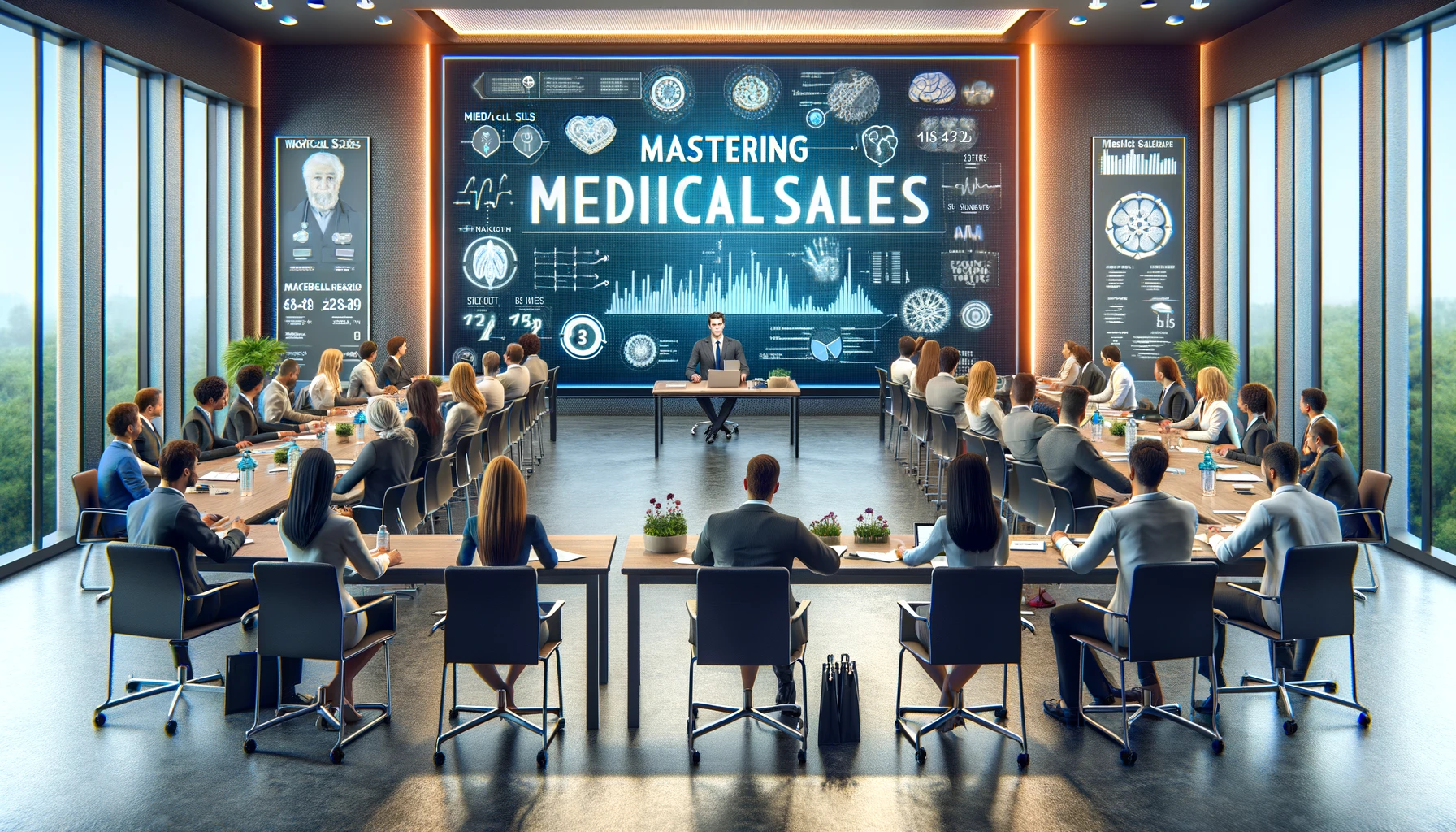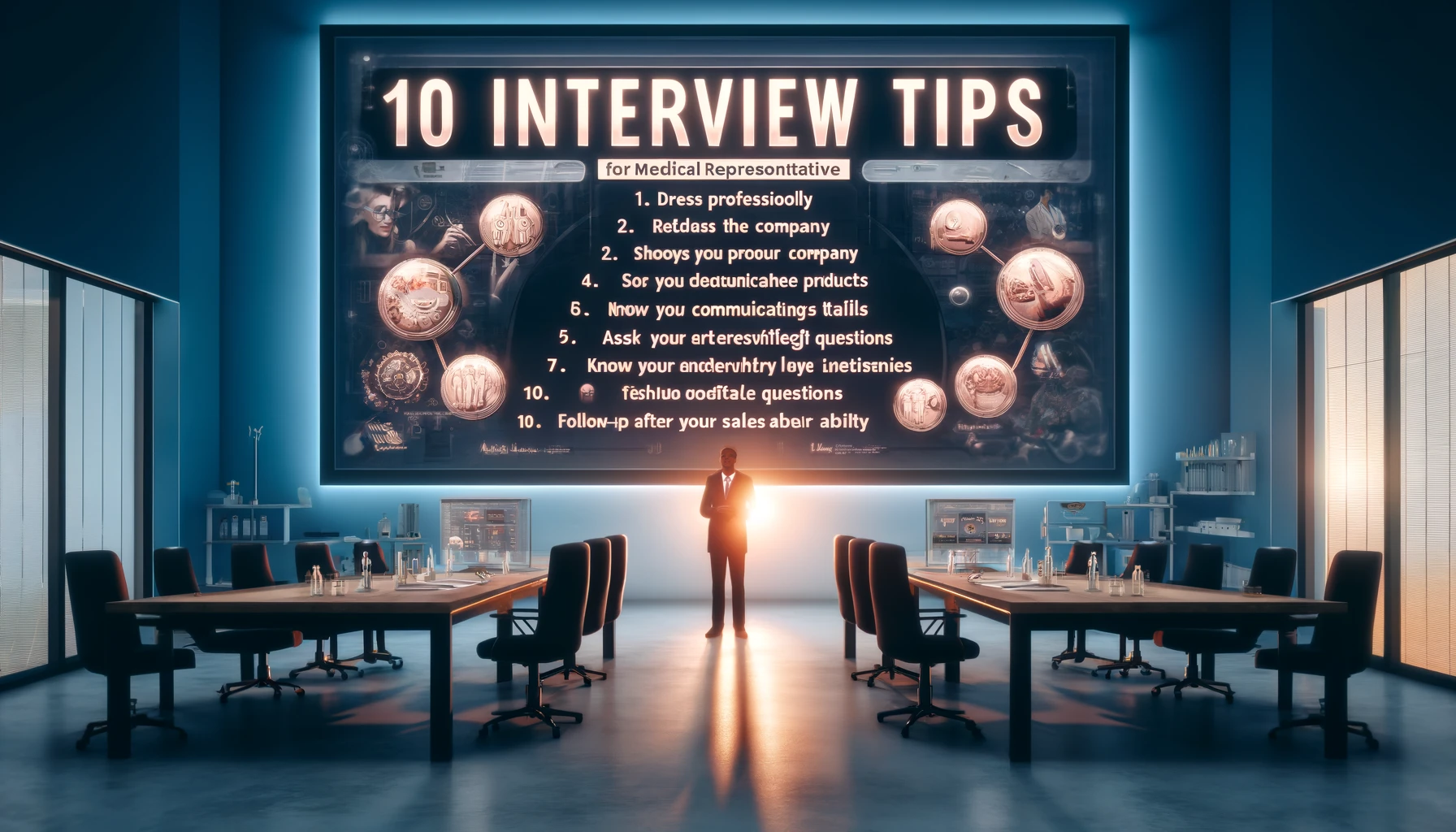Ace Your Medical Representative Interview: Essential Tips and Strategies
In the competitive realm of the pharmaceutical industry, landing a role as a medical representative requires not only the right qualifications but also the ability to shine during interviews. Mastering the art of acing a medical representative interview involves a combination of preparation, showcasing your skills, and demonstrating your value to potential employers. This comprehensive … Read more

